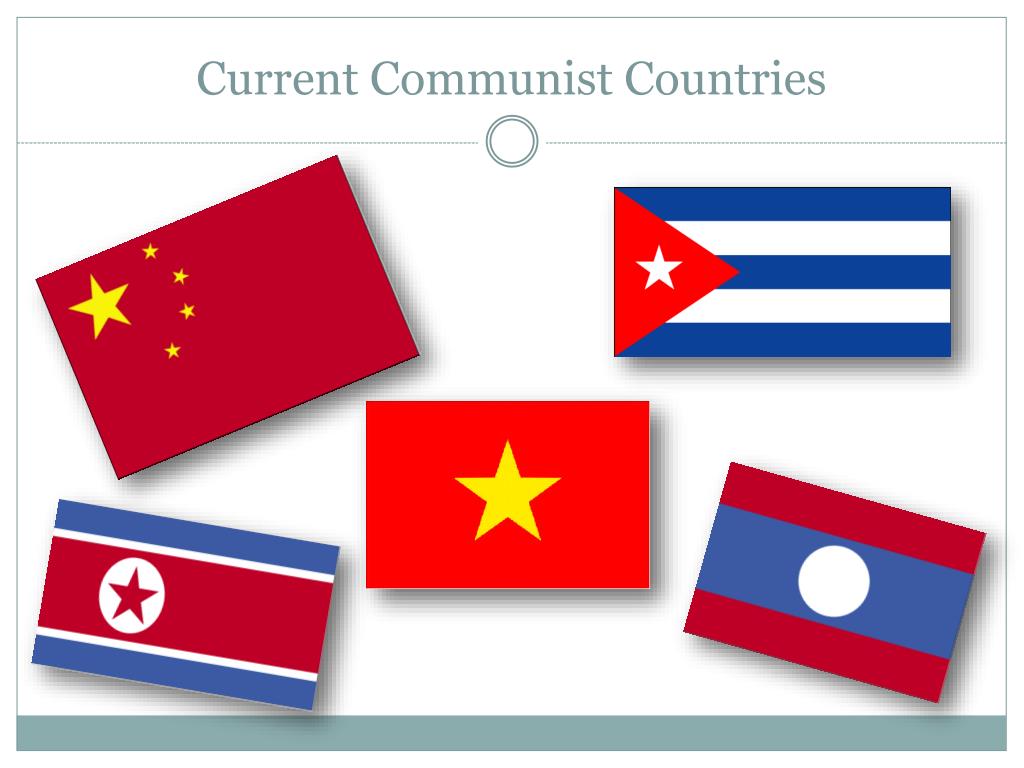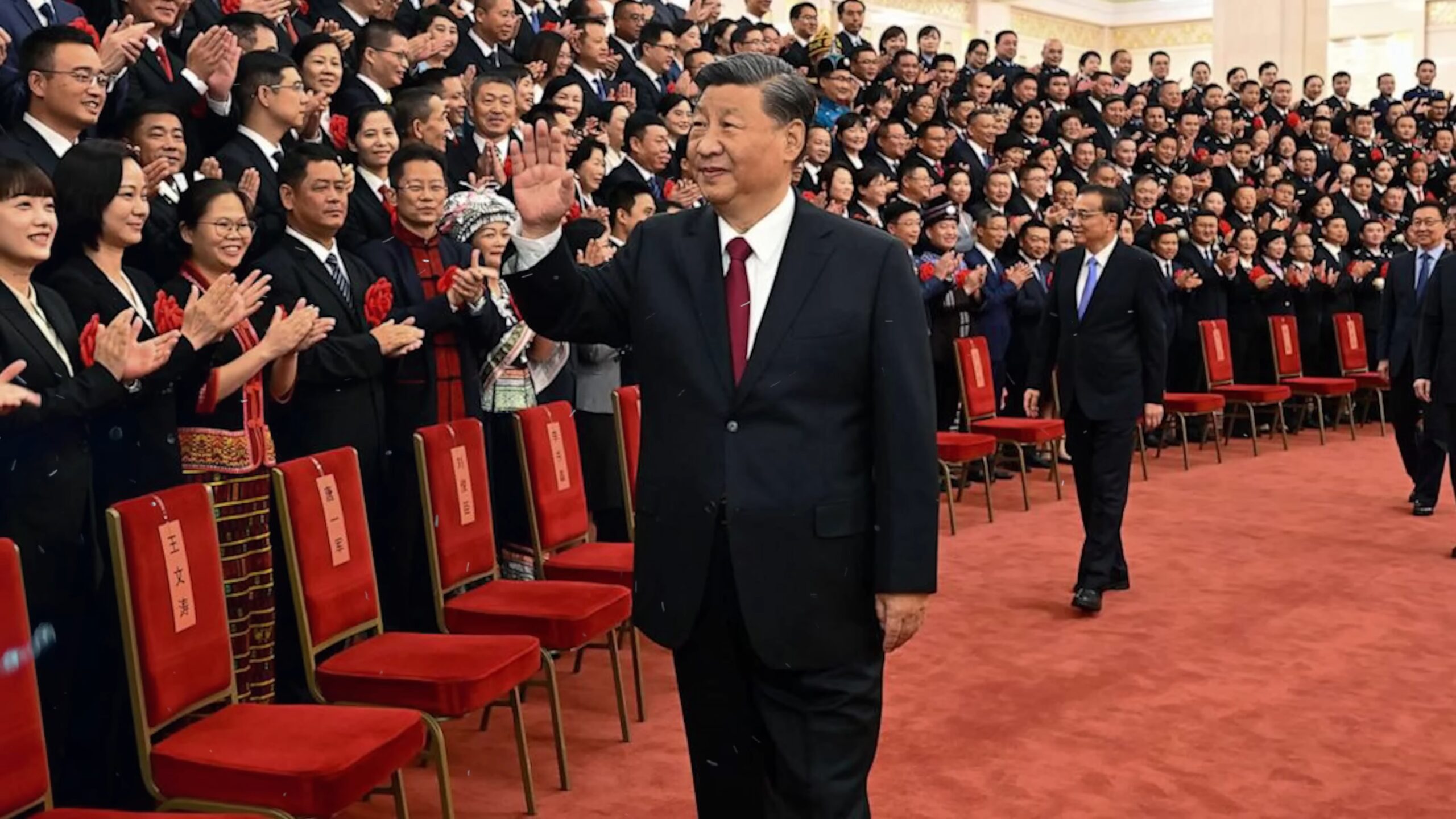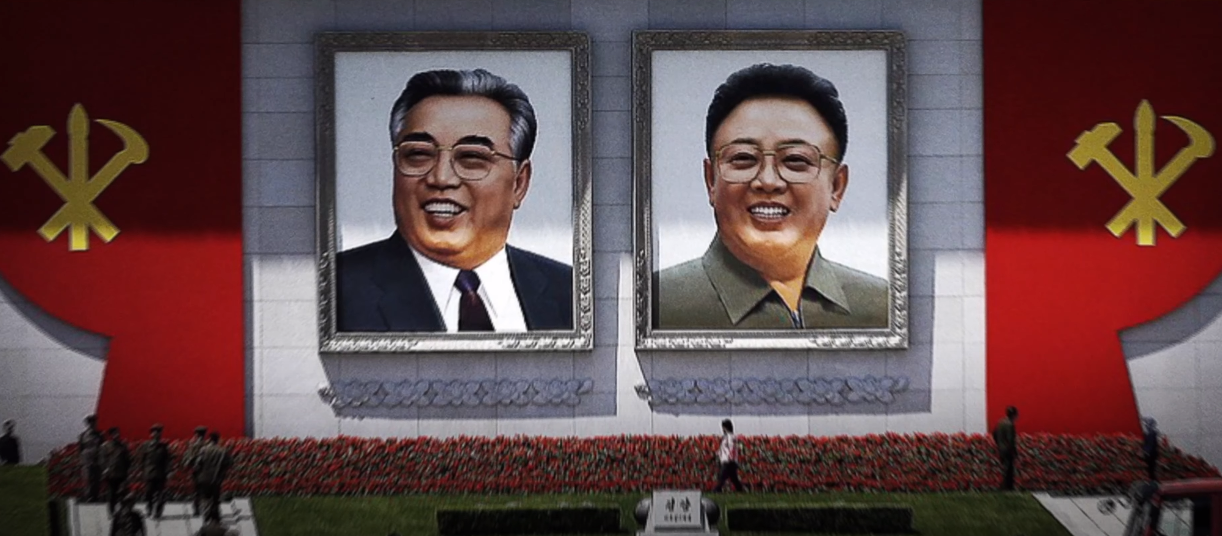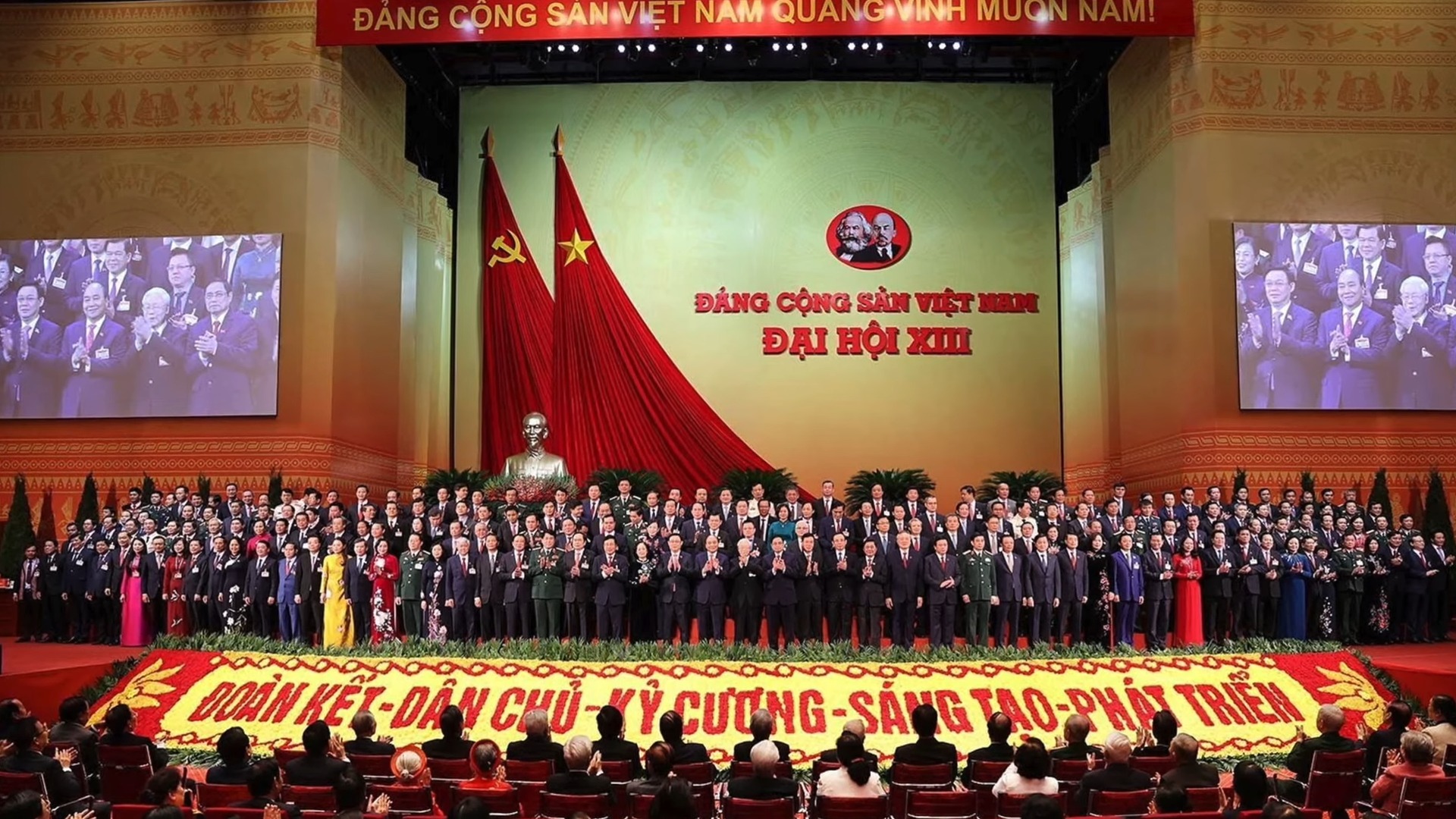Communism, a doctrine that has sparked countless debates, revolutions, and global shifts, remains a significant topic of discussion in 2024. As we delve into the current state of communist countries, it’s essential to understand the foundational principles of communism and its historical trajectory. This article will provide an in-depth analysis of the countries that still uphold communist ideologies and practices in 2024.
According to Economic Times Comunism is political, social, philosophical, and economic doctrine that seeks to establish a classless society. At its core, communism aims to eliminate the disparities between the working class and the capitalist class. The ultimate goal is to ensure that the means of production are owned collectively, leading to a more equitable distribution of resources.
The Ideals of Communism
- Equality: One of the primary tenets of communism is the belief in equality as report from JSTOR says. This means that everyone, regardless of their background or profession, should have equal access to resources and opportunities.
- Collective Ownership: Unlike capitalism, where individuals or corporations own the means of production, communism advocates for collective ownership. This means that factories, farms, and other production facilities are owned by the community or the state.
- State Control: In a communist society, the state often plays a pivotal role in controlling and regulating various aspects of the economy and society. This includes determining prices, wages, and production targets.
Criticisms
As I read on Brill communism aims to create a utopian society, it has faced criticism, especially from western countries. Critics argue that communism leads to:
- Economic Inefficiencies: With the state controlling production and prices, there’s often a lack of innovation and efficiency.
- Lack of Personal Freedoms: Critics believe that communism often results in a totalitarian state where individual freedoms are curtailed.
Communist Countries in 2024
As of 2024, several countries still identify as communist. These nations have continued to uphold the principles of communism, even as many others have transitioned to different forms of governance.
1. China
China, with its vast population, remains one of the most influential communist countries in the world. The Communist Party of China, founded in 1921, governs the nation. Over the years, China has integrated market reforms, leading to rapid economic growth. However, the party retains strict control over the political landscape.
The Chinese Model
China’s approach to communism stands out as a unique model. While it retains a one-party system, China has embraced market reforms, leading to an economic boom. This “socialism with Chinese characteristics” has allowed China to become a global economic powerhouse while maintaining the Communist Party’s control.
- Economic Reforms:As per report from New York Times Deng Xiaoping in the late 1970s, initiated these reforms aimed to modernize China’s economy. They included opening up to foreign investments, establishing special economic zones, and promoting private enterprises.
- Balancing Act: While embracing capitalism in its economy, China continues to suppress political dissent, ensuring that the Communist Party remains the sole governing entity.
2. Cuba
Cuba, an island nation in the Caribbean, has been under communist rule since Fidel Castro’s revolution in 1959. The Communist Party of Cuba, the only legal political party, governs the country. While Cuba has faced economic challenges, it remains steadfast in its commitment to communist principles.
The Cuban Transition
As I read on New Yorker Cuba, post the Castro era, has seen subtle shifts in its approach to communism. While the core principles remain intact, there have been efforts to integrate the country more with the global economy.
- Economic Changes: Cuba has slowly opened up sectors like tourism and small businesses, allowing for private ownership and foreign investments.
- Diplomatic Relations: The thawing of relations with the United States in the 2010s, although short-lived, indicated Cuba’s intent to engage more with the global community.
3. Laos
The Lao People’s Democratic Republic, commonly known as Laos, is another Asian nation that adheres to communism. Governed by the Lao People’s Revolutionary Party, Laos has seen steady economic growth, especially in the tourism sector.
4. North Korea
North Korea, officially the Democratic People’s Republic of Korea, is often considered a communist state. However, its governance is more aligned with Juche, a state ideology developed by Kim Il-sung. While it shares some principles with communism, North Korea’s political landscape is unique.
North Korea’s Juche Ideology
North Korea’s interpretation of communism is heavily influenced by the Juche ideology according to Time Magazine, emphasizing self-reliance and independence. This has led to a highly centralized system with an emphasis on militarization and a personality cult around its leaders.
- Isolationist Stance: North Korea remains one of the most isolated countries globally, with limited engagement with the outside world.
- Economic Challenges: The country’s strict adherence to Juche has led to economic hardships, exacerbated by global sanctions.
5. Vietnam
Vietnam, or the Socialist Republic of Vietnam, has been under communist rule since the end of the Vietnam War in 1975. Like China, Vietnam has integrated market reforms while retaining a one-party system.
The Legacy of Communism
Communism has left an indelible mark on global history. From the rise and fall of the Soviet Union to the revolutions in Latin America, communism has shaped the political landscape of many nations.
The Soviet Era
The Soviet Union, a federation of multiple republics, was the most prominent communist state in the 20th century. Founded in 1917 after the Russian Revolution, the USSR became a global superpower, rivaling the United States.
Post-WWII Communism
After World War II, several European countries aligned with the Soviet Union, forming the Eastern Bloc. These nations, including East Germany, Poland, and Hungary, remained under communist influence until the late 20th century.
Is Russia a Communist Country?
Technically, Russia today is a “multi-party representative democracy.” In fact, experts are even split as to whether Russia’s former state, the Union of Soviet Socialist Republics (U.S.S.R.), was a communist, socialist, or “state capitalist” government.
At any rate, Russia’s 1993 constitution declared the country a democratic, federative, law-based state with a republican government. Russia has a dual executive consisting of a president and prime minister with the president, currently Vladimir Putin, as the dominant figure.
That said, few would argue that Russia is a truly free democracy, given the current administration’s habit of jailing (or eliminating) political opponents, prohibiting a free press, preventing fair elections, and amending the constitution to enable Putin to remain in power until 2036 (the previous constitution would have required him to step down when his current term expires in 2024).
Recent Transitions Away from Communism
Several nations have transitioned away from communism in recent decades, reflecting the changing global dynamics.
1. Congo: From Marxism to Turmoil
The People’s Republic of the Congo, once a Marxist state, transitioned away from communism in 1992. While the initial shift was peaceful, the nation was soon engulfed in civil unrest, with concerns about human rights violations.
2. Albania: Embracing the West
Albania, once a staunch ally of the USSR and later China, moved away from communism in 1992. Since then, it has made significant strides towards western-style democracy, even applying for European Union membership in 2009.
3. Yugoslavia: A Federation Dissolves
Yugoslavia, a federation of diverse nations, was communist from 1943. However, internal conflicts and ethnic tensions led to its dissolution in the 1990s, resulting in several independent nations, some of which are now part of the European Union.
4. Afghanistan: A Nation in Conflict
Afghanistan, with the backing of the Soviet Union, was communist from 1978 to 1992. However, the absence of Soviet support led to its collapse, plunging the nation into decades of conflict, from which it is still recovering.
5. Angola: From Revolution to Growth
Angola, after gaining independence from Portugal, saw the rise of a communist regime backed by the USSR. While communism fell in 1992, the nation has since witnessed significant economic growth, driven by its oil reserves.
Communism vs. Capitalism: The Ongoing Debate
According to Ethics Center ideological battle between communism and capitalism has been a defining feature of the 20th and 21st centuries. Both systems have their proponents and critics, and the debate revolves around various aspects of governance, economy, and individual freedoms.
Capitalist Principles
- Free Market: Capitalism emphasizes a free market where businesses compete without excessive state intervention.
- Private Ownership: Assets and enterprises are primarily owned by individuals or corporations, driving innovation and competition.
Communism’s Response
- State Control: Communism argues for state control over key sectors, ensuring that resources are distributed equitably.
- Collective Ownership: The means of production are owned collectively, aiming to prevent the accumulation of wealth by a few.
Frequently Asked Questions
What led to the rise of communism in the 20th century?
The rise of communism in the 20th century can be attributed to various factors, including economic disparities, the influence of Marxist ideologies, and the aftermath of World War I and II, which created political vacuums in several countries.
How does socialism differ from communism?
While both socialism and communism advocate for collective ownership, socialism allows for some private ownership and operates within a capitalist framework. Communism seeks a classless society with all means of production owned by the community.
Why did many communist countries transition to capitalism in the late 20th century?
Economic challenges, the desire for global integration, internal political pressures, and the fall of the Soviet Union contributed to many communist countries transitioning to more capitalist-oriented economies.
How do communist countries view human rights?
While the principles of communism advocate for equality, in practice, many communist regimes have been criticized for human rights violations, including suppression of dissent and lack of freedom of expression.
Are there any new countries considering adopting communism in the 21st century?
While some political movements advocate for socialist or communist principles, no country has transitioned to a fully communist state in the 21st century.
Final Words
As the world evolves, the dynamics of political ideologies like communism continue to shape nations’ trajectories. While its influence may have diminished, understanding its impact and legacy is crucial for a comprehensive grasp of global history and politics.
References
- Trump White House Archives
- An in-depth analysis of the Chinese Communist Party’s ideology and its global ambitions.
- Link: Chinese Communist Party’s Ideology & Global Ambitions
- The New Yorker
- An exploration of Cuba’s transition and changes post the Obama era.
- Link: Cuba after Castro
- Time
- A detailed look into North Korea’s Juche ideology and its significance in the nation’s governance.
- Link: Understanding North Korea’s Juche
- Histroy.com
- An article discussing Vietnam’s economic growth, reforms, and challenges while maintaining a one-party communist system and Vietanm War.
- Link: Vietnam war




















